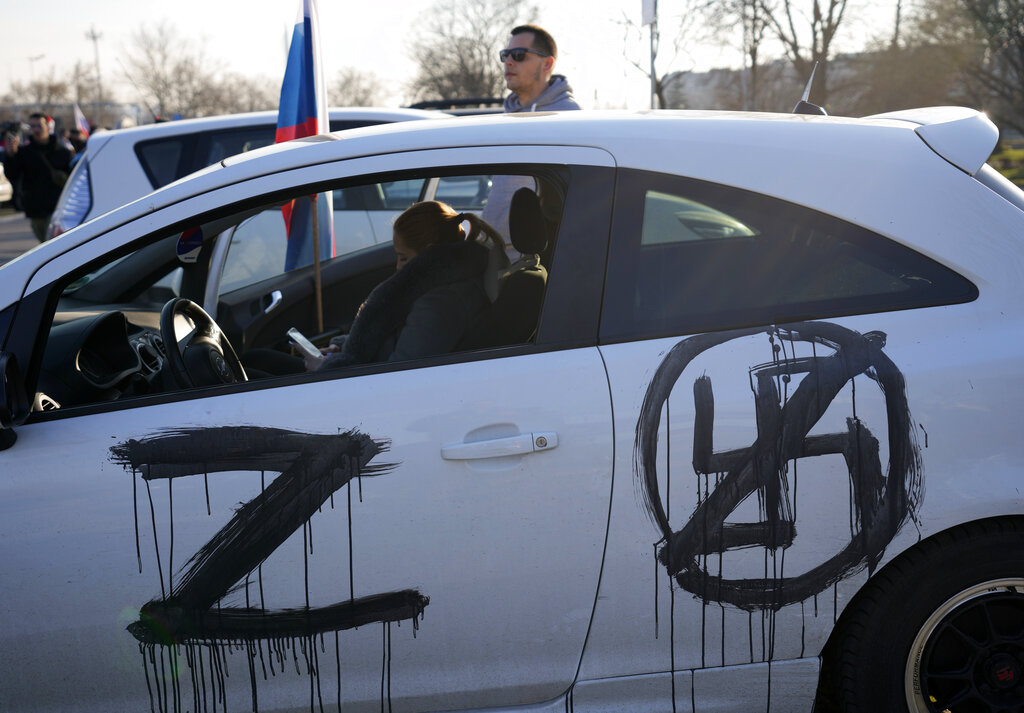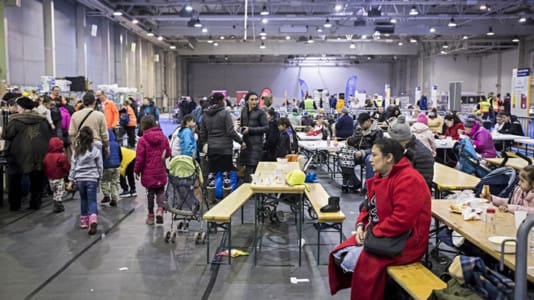When the term “denazification” was first uttered by the Kremlin as the objective of Russia’s invasion of Ukraine, many in Poland and the rest of the Western world shook their heads in disbelief. This Russian concept seemed to be so obviously absurd, outrageous or even perverted, that nobody exactly knew what to even do with it.
In turn, it started being interpreted as an element of Kremlin’s frantic propaganda directed internally to Russian citizens.
In my view, this matter is more serious than that and requires a real reflection, because the Kremlin’s idea of “denazification” was a thought-out strategy that refers to select views nourished in the West. Luckily for us, this strategy was uncovered because of the war.
The famous French historian, François Furet, once observed that the obsession with fascism and anti-fascism was the mutual political basis of communism and the entire progressive Europe after World War II. Since Soviet Russia helped the West in defeating Hitler, who was the absolute evil, it automatically became the unquestionable good. The fight against fascism was a common cause, but also, logically, every attack directed at the Soviet communism in Russia, as well as every critique of the progressive left-wing in the West, could automatically be declared a continuation of fascism.
Vladimir Putin, who does not have his own ideology and relies exclusively on the technology of violence, picked up the common concept of fighting fascism because he hoped to find allies in the West. He was building his strategy for many years, fabricating the history of the 20th century around it, especially the matters of the origins of World War II.
One of the first documents showcasing the construction of this concept was, without a doubt, the script of Putin’s 2009 speech in Westerplatte, near Gdańsk, the place where World War II began. Today, it should be particularly closely examined as it shows what Putin’s “denazification” was supposed to be, who it was supposed to include and what alliance would realize it.
Putin hoped that his strategy would find him allies on the other side.
Unfortunately, in present times it cannot be said that his calculations were completely baseless. Today, Russian bestiality against Ukraine shows the true nature of the strategy of “denazification,” but it also reminds us that using allegations of fascism is not at all just innocent play.






